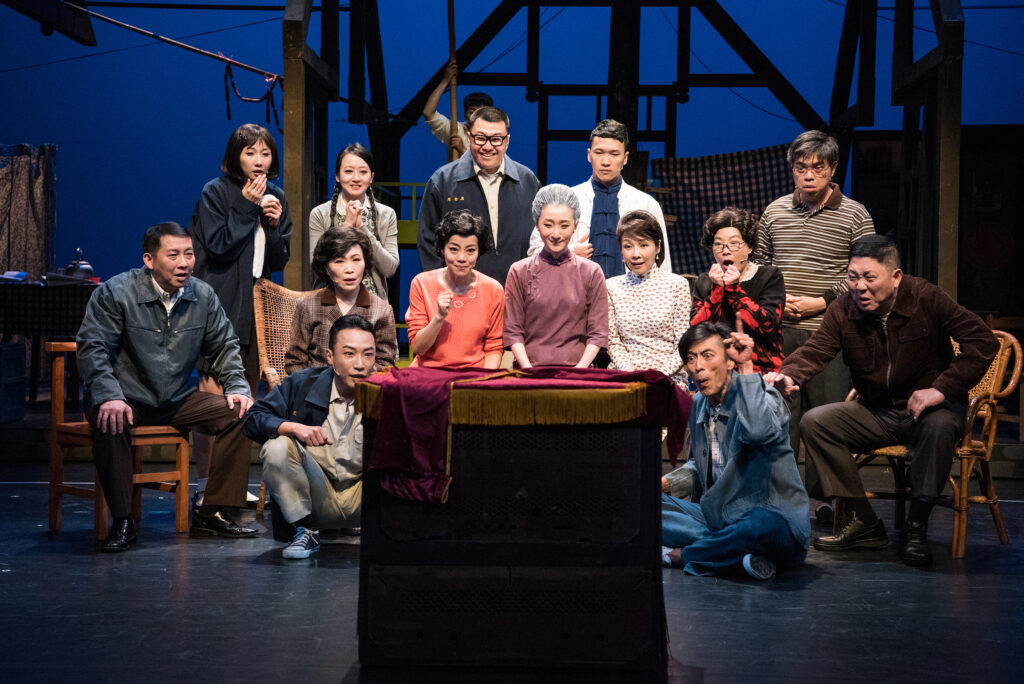Community, Leadership, Experimentation, Diversity, & Education
Pittsburgh Arts, Regional Theatre, New Work, Producing, Copyright, Labor Unions,
New Products, Coping Skills, J-O-Bs...
Theatre industry news, University & School of Drama Announcements, plus occasional course support for
Carnegie Mellon School of Drama Faculty, Staff, Students, and Alumni.
CMU School of Drama
Tuesday, October 29, 2019
An Interview with Stan Lai on "The Village," His Artistic Vision, and Hong Kong
The Theatre Times: US-born, Taiwan-raised theatre director and playwright Stan Lai (Lai Sheng-chuan) has enjoyed widespread critical and commercial success within and beyond Asia. His original plays, which include A Dream Like a Dream and Secret Love in Peach Blossom Land, are well-known for combining innovative stage designs with epic storytelling. He is also the author of a best-selling book on creativity. Michael Cheuk talks to Director Stan Lai ahead of the Australian premiere of The Village at the 2019 OzAsia Festival.
Subscribe to:
Post Comments (Atom)

1 comment:
I really enjoyed reading this article. It’s great to see a Taiwanese director achieve such great success in the East and the West. Lai touched on a few things that I thought were interesting for directing and play writing. I think the reason why his audiences are so touched by his work is because he purposely does not write for a particular audience and focuses on being authentic with his storytelling. When the playwright does this, it brings everyone in the project closer to the play because as he said, the performers and everyone are able to connect to the play personally. I also think his point about incorporating historical elements into his play is very unique. From studying history, I understand that historians are always trying to find out the “truth” and so objectivity is a priority in the field. But Lai reminds us that in theatre, history and truth is not the “final goal”. It should “enrich our understanding of history” and the stories in it. Not recount the events to the audience because they wouldn’t need to see a play for it. However, he also said that you still need to respect the history and “do it right”.
Moreover, I think Lai’s perspective on labelling his own work and identity to be very profound, at least to me. He said “I often think labels are counterproductive. They are useful to quickly describe something that is not complicated. But I think my works are complicated.” I totally agree that sometimes we are too quick to try to put a label on artistic work, and then start to make judgements about it when the piece is so much more than just to be fit inside a box/label. The same goes with his identity with being Taiwanese or Chinese. I personally relate to that because with being from Hong Kong, I’m constantly being questioned which “side” I’m on. This is a real dilemma. If I were to be a “Hong Konger” as people say, that would just remove all Chinese culture but that’s not who we are. We still practice Chinese traditions. Anyway, I really liked how he defied these labels and it’s something that inspires me. I’m kind of regretful that I didn’t spend more time studying Chinese plays and literature and it’s something that I definitely want to start learning.
Post a Comment